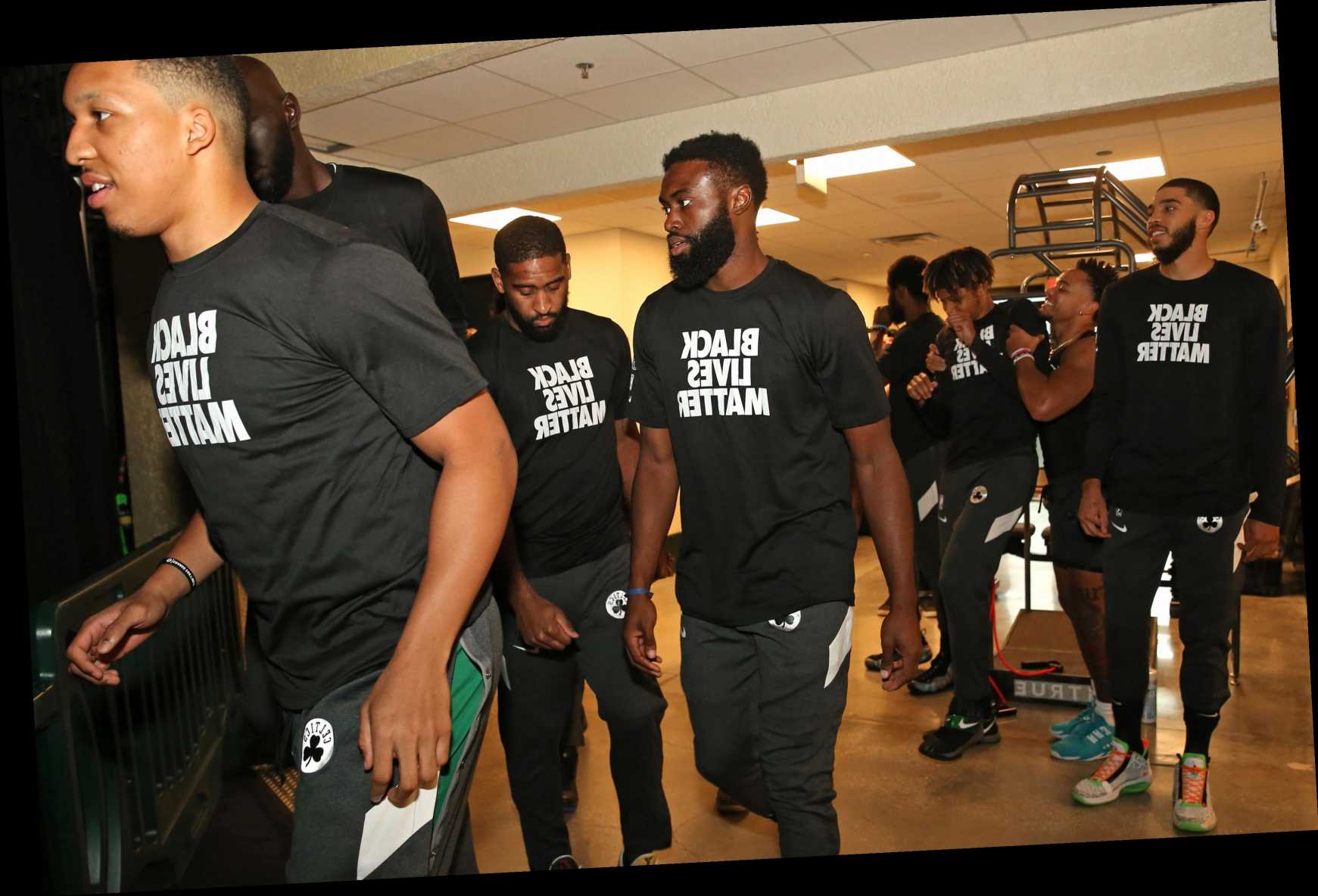There is a reason why the sports section of your newspaper has for generations been dubbed — alternately with affection and with affliction – as “the toy department.” It was the Chief Justice of the United States, Earl Warren, who once provided a little extra context to that description
“I always turn to the sports section first,” Warren famously said. “The sports page records people’s accomplishments; the front page has nothing but man’s failures.”
Warren retired from the Court in June 1969, five days shy of exactly two years before that august body would offer its own opinion on that old chestnut. It was on June 28, 1971, when the Court voted 8-0 in favor of the plaintiff in Clay v. United States, overturning the draft-evading conviction of the man who was by then known as Muhammad Ali, and who was the single-most famous athlete on the planet.
It is important to remember in these fevered days that sports has not only mingled with societal issues forever, it has also generally stood a few steps ahead of the curve. The NBA players who forged this latest sea change in the Florida bubble join a long list of their forebears who have used their public platforms to say things — sometimes shout things — that some didn’t want to hear.
And basketball has long been a most reliable arbiter of such issues because for at least the last 70 years of its history it has been populated by such a large number of men of color. So it was that at the same time as Ali was fighting his own battles, a number of high-profile black basketball players — Lew Alcindor, Bob Lanier, Elvin Hayes — opted not to play for the 1968 Olympic basketball team.
So it was that in 1961, five Celtics — Bill Russell, K.C. Jones, Tom Sanders, Al Butler and Sam Jones — bolted an exhibition game scheduled between the Celtics and St. Louis Hawks in Lexington, Ky., after they were refused service in the coffee shop at the Phoenix Hotel, where the players were staying. They flew home and Red Auerbach, their coach, said, “I support that decision 100 percent.”
So it was that in the mid- and late-’50s, a number of prominent Northeastern college teams preferred to play in the NIT rather than the NCAA, because New York City was more welcoming than the various cities in North Carolina that usually hosted the East regionals. Seton Hall’s No. 1 team in 1953 chose this path, and that was before an incident late in the season at Louisville — whose fans spent the night racially riding the Pirates’ best player, Walter Dukes — justified that decision.
So it was that in 1963, it took a surreptitious plan to sneak Mississippi State’s all-white basketball team out of Starkville, defying a court injunction, to the NCAA Tournament in East Lansing, Mich. And so it was three years later when all-black Texas Western defeated all-white Kentucky and its patrician racist coach, Adolph Rupp, who for years had called New York newspapers asking about local prospects and asking, “White or colored?”
It has never only been basketball, though, which is why it is appropriate that other sports have joined in the movement. Some football teams, including the Jets, decided not to practice Thursday, and so did several college teams (notably BC and Kentucky), honoring the legacy of the 1965 AFL All-Stars, who forced their All-Star Game out of New Orleans when the black participants were refused service by local cabs and restaurants, and the game was moved to Houston.
And of course there is baseball, which for too long allowed the stain of segregation to spoil its history and soil its history books. And as important as Branch Rickey’s signing of Jackie Robinson was, as important to the cause was what the Dodgers’ soon-to-be-suspended manager, Leo Durocher — never exactly noted as a progressive — said to a group of Brooklyn players who were buzzing about signing an anti-Robinson petition in spring training:
“I don’t care if the guy is yellow or black, or if he has stripes like a f–kin’ zebra. I’m the manager of this team, and I say he plays.”
So it was encouraging — and not surprising — to see The Players Alliance announce that its 100-strong membership of present and past ballplayers have agreed to donate their earnings from Thursday and Friday (which also happens to be the annual day MLB will designate to celebrate Robinson) — and others have joined the pledge.
And it was affirming — despite the leaked-video slapstick that preceded it — that the Marlins and Mets would conduct a note-perfect 42-second moment of silence before joining many of their fellow players in spending the day away from the field. And appropriate that this demonstration would take place exactly 13 miles from where Ebbets Field once stood, the place where Jackie Robinson permanently altered baseball’s destiny.
Sports, as it so often has, cleared its throat this week. And maybe, as in the past, has cleared a path for something real.
Share this article:
Source: Read Full Article


